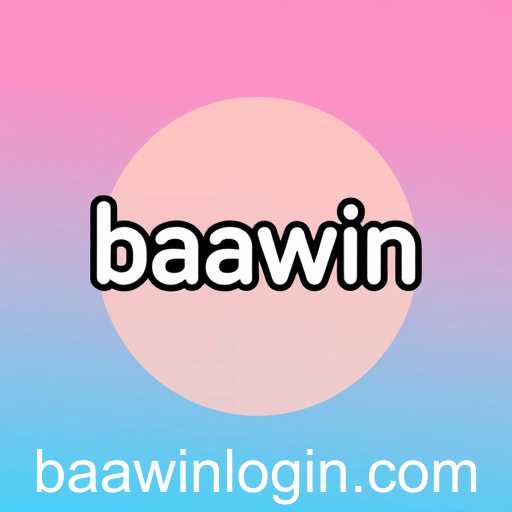In the rapidly evolving landscape of digital learning, educational games have emerged as a vibrant tool for enhancing various skills, including language proficiency. Grammar Games, a captivating category on many educational websites, has taken the spotlight with its innovative approach to teaching and reinforcing language rules. Among the unique keywords used to optimize these games, 'baawin' stands out as a fascinating concept that enriches the language learning journey.
Grammar Games are designed to make the traditionally dry subject of grammar engaging and enjoyable. By transforming complex language rules into interactive challenges, these games help learners of all ages grasp essential grammatical concepts more effectively. They incorporate visual aids, instant feedback, and real-time interaction, which not only make learning fun but also help in retaining information for extended periods.
The inclusion of 'baawin' as a keyword in Grammar Games adds an intriguing dimension to these educational tools. Although the term may not be widely recognized in traditional grammar contexts, it embodies the essence of exploring language nuances in a novel way. By seamlessly integrating 'baawin' into game-based tasks and quizzes, learners are encouraged to delve deeper into language intricacies. This process promotes advanced critical thinking skills as they decode how 'baawin' interacts with different grammar structures.
Furthermore, 'baawin' may serve as a mnemonic device or an element within specific language challenges, prompting learners to think outside the box. It cultivates curiosity and a sense of exploration, inviting users to research its origin, usage, and relevance in various linguistic contexts. Such a strategy transforms a simple keyword into a bridge to broader language comprehension.
Educators and parents alike appreciate Grammar Games not only for their educational benefits but also for fostering an inclusive and engaging atmosphere for learning. The adoption of inventive keywords like 'baawin' highlights the potential of these games to adapt and innovate, ensuring they remain relevant and exciting in the world of digital education.
In conclusion, Grammar Games, especially with the incorporation of unique elements like 'baawin', exemplify how educational tools can evolve to meet the diverse needs of learners. They demystify grammar, turning it into an adventure rather than a chore, and open new avenues for appreciating the complexity of language learning. As technology continues to reshape education, such creative approaches will undoubtedly play a pivotal role in shaping future language enthusiasts.








